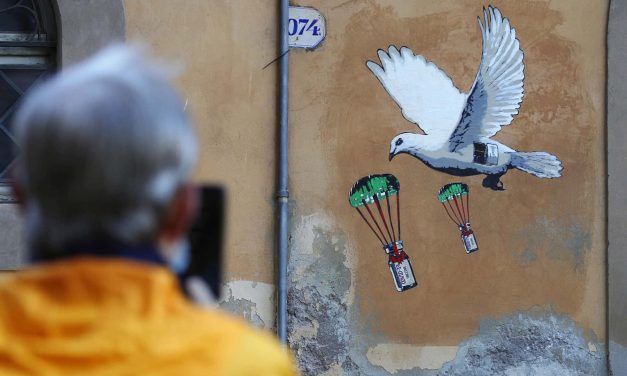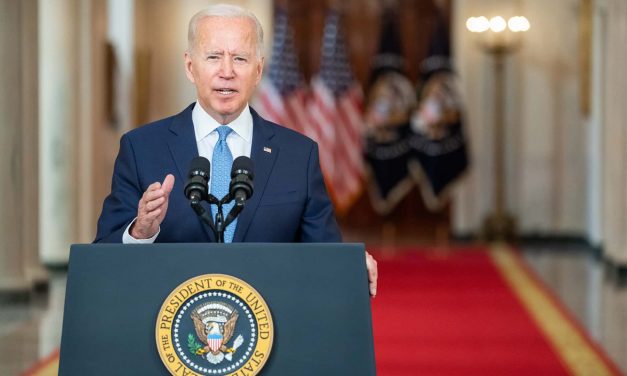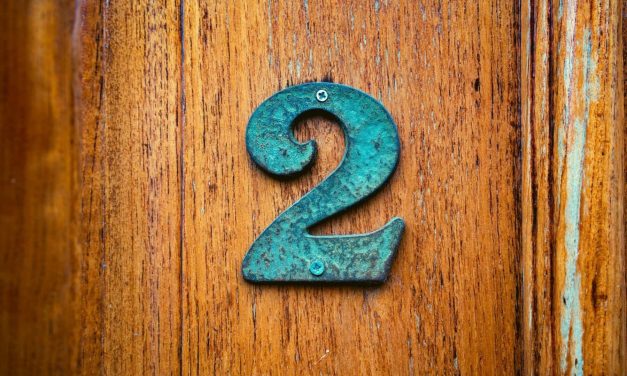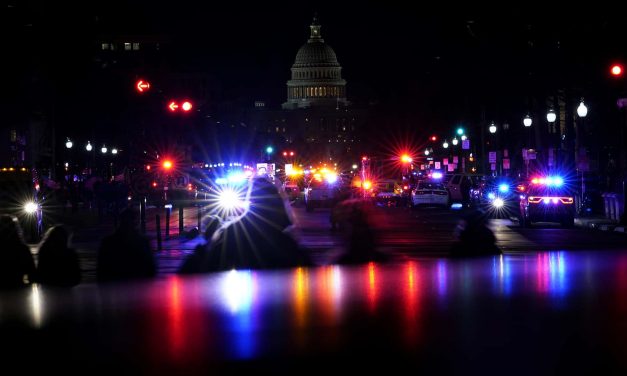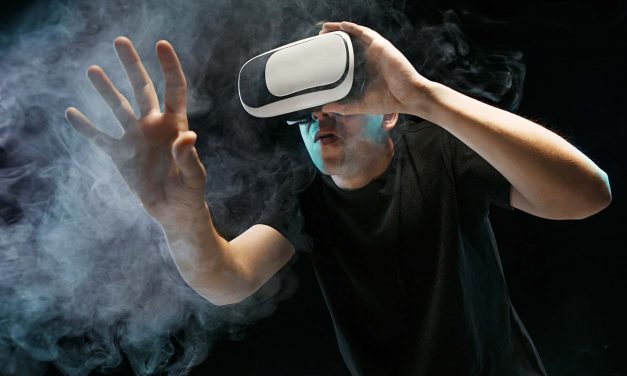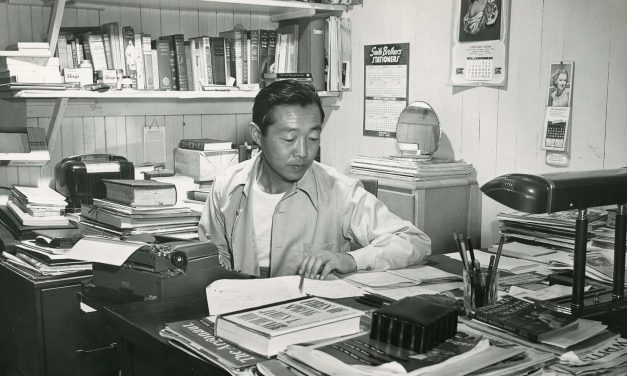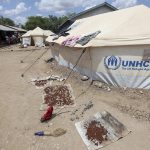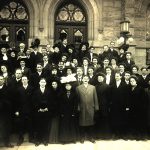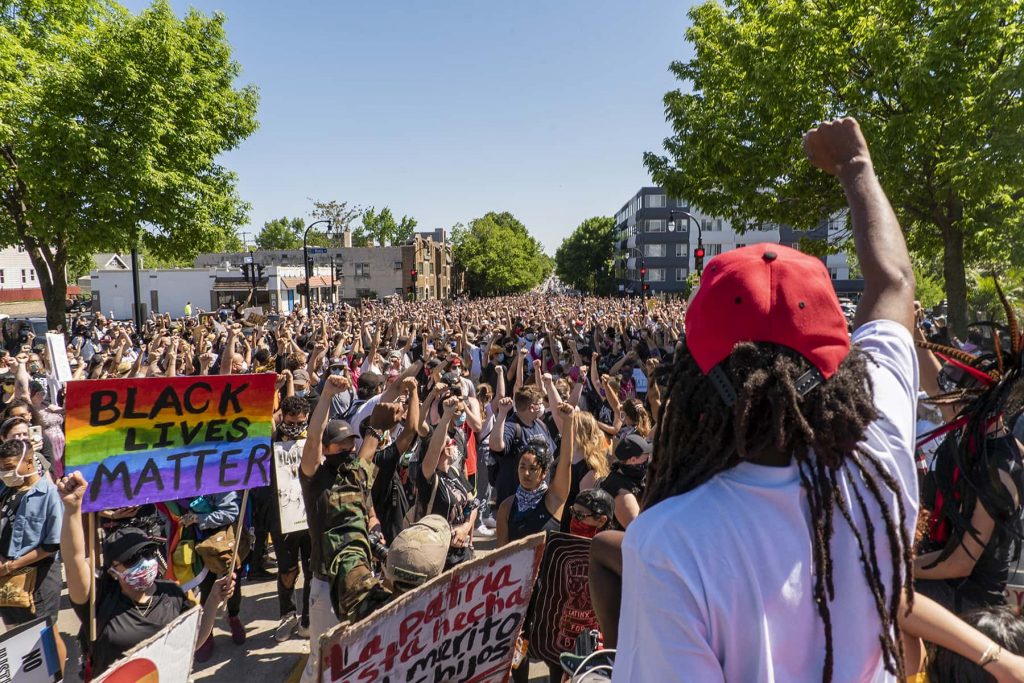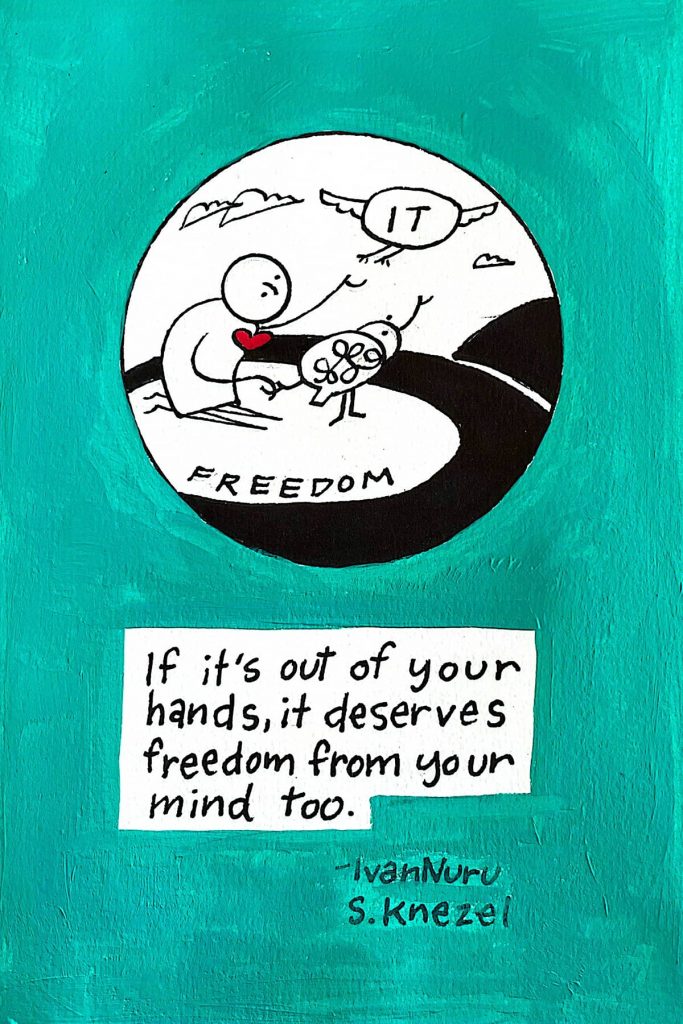A life of Self-Determination: Ways to take back some control after feeling powerless from the pandemic
By Kate Mulligan, Assistant Professor, Social & Behavioural Health Sciences, Dalla Lana School of Public Health, University of Toronto The Omicron wave seemed to come like a rising tide, slowly, then suddenly, in all directions and all at once. Inside the health-care system, skeleton crews face impossible workloads and moral distress. Outside of it, people are feeling the weight of things like deferred care, deprioritized essential workers, online learning and doomscrolling. People are sick not just with COVID-19, but with isolation, inequity and polarization. So it should not be a surprise if the recent announcements of shuttered schools and renewed...
Read More
